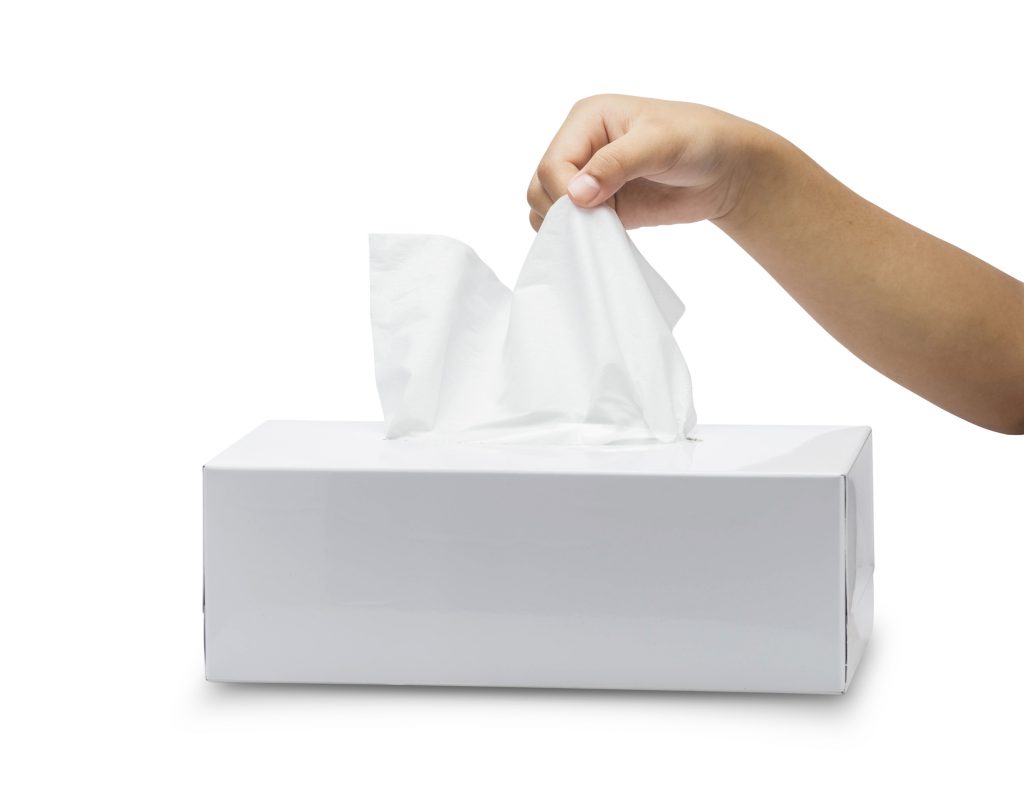BY STACEY BURLING, THE PHILADELPHIA INQUIRER
If you’re worried that you might have the new coronavirus, think before you go rushing to an emergency department. If you really do have the new disease, called COVID-19, you don’t want to expose fellow patients, who may already be weakened by heart and lung problems. Call the emergency department or your doctor, area health experts said, and ask for advice. Here are more answers to questions you may have:
What are the symptoms of the new coronavirus?
Unfortunately, there’s a lot of overlap with the flu — it’s still flu season, although cases are declining — colds, and other respiratory viruses. Key COVID-19 symptoms are fever, cough and shortness of breath. Some people have very mild symptoms or are not aware they’re infected. COVID-19 symptoms may come on more slowly than those of flu, which tends to have sudden onset, said Martin Topiel, an infectious disease specialist with Virtua Health.
What should you do if you have symptoms?
Patients should call their primary care doctors first, said Debra Powell, chief of the infectious disease section at Reading Hospital. Medical offices will triage patients by asking about symptoms, travel history and other possible exposure to the virus. “If you have mild symptoms and are concerned, you probably should just stay home,” she said. Those with more serious symptoms will likely be seen by the doctor. If patients need to go to an emergency department or ride in an ambulance, doctors should call ahead so emergency personnel know to wear protective gear.
Older adults and those with chronic ailments need to take this disease seriously, because they are at highest risk of death and health complications. “Older patients and individuals who have underlying medical conditions or are immunocompromised should contact their physician early in the course of even mild illness,” the U.S. Centers for Disease Control and Prevention said Monday.
The decision to stay home is one people with mild symptoms and no known exposures will have to make in conjunction with their employers, Topiel said. “Just because someone has a cold doesn’t mean they can’t come to work,” he said. That advice could change as the situation evolves.
James Garrow, a spokesman for the Philadelphia Department of Public Health, said Monday that most people in this area are unlikely to have been exposed to the virus at this time. “If you are otherwise healthy and your symptoms are mild, you do not need to seek health-care evaluation for coronavirus.”
Providers such as Jefferson Health and CVS MinuteClinic are asking patients who think they may have COVID-19 to schedule a video visit online, through their websites or apps, before going to an emergency department or urgent care center.
Aditi Joshi, an emergency medicine specialist who is medical director of JeffConnect, said funneling patients to her program for screening would help emergency department staffs focus on people with more serious ailments.
Anyone in respiratory distress, whether from flu or coronavirus, would be sent to an emergency department while JeffConnect calls ahead.
Should you get a coronavirus test?
Powell said this is a changing situation as tests are only slowly becoming more available.
The CDC released new guidance Monday on who should be tested. You no longer have to have been traveling or exposed to someone who had visited a country with a lot of COVID-19. Physicians are urged to “use their judgment.” Priority is going to symptomatic cases where getting a diagnosis would help keep the infection from spreading; patients who are at higher risk for serious complications, including those 65 and older and those with diabetes, heart disease, chronic lung and kidney disease; people receiving medicine that depresses the immune system; and medical personnel who may have been exposed.
How do you treat coronavirus at home?
Pretty much like a cold, Powell said. Drink lots of fluids. You can take Tylenol or an NSAID such as ibuprofen for fever. There are no treatments specifically for COVID-19.
When should you worry that you really need to see a doctor?
Difficulty breathing, high fever and a deeper, productive cough can be signs of pneumonia. These need medical attention. Older people and those with underlying health problems should be especially vigilant.
What if one person in the family is sick and everybody else is fine?
Powell thinks you should all stay home, but do your best to isolate the person with symptoms. A bedroom is a good option. Try to stay six feet away from the person with symptoms. Wipe down surfaces they touch frequently with disinfecting wipes. Encourage everyone to wash their hands frequently.
If you’re self-quarantined, can you run errands?
No. Powell said that even if you’re careful to stay away from other people in, say, the grocery store, you might spread virus by contaminating surfaces.
When can you go back to work or school?
People who’ve been sick should wait at least until they no longer have symptoms, said Steve Alles, director of the Philadelphia Department of Health’s disease control division.
A report this week from German authorities found that sick people are most contagious in the early days of infection. Although they can test positive when their symptoms have gone, the study said most people who were mildly ill likely are not infectious after about 10 days from onset of symptoms.
For those who have been exposed but have no symptoms, the incubation period is up to 14 days.
Can my pets get this?
This virus is thought to have jumped from animals to humans, but there is no evidence that it is spreading among pets or from cats and dogs to their owners. Still, the CDC suggests letting family members without symptoms take on pet care and recommends that people with symptoms should avoid close contact such as “petting, snuggling, being kissed or licked, and sharing food.” If you must care for your pets, wash your hands before and after.
“I would say, feed your dog, but keep him out of your face,” Powell said.



